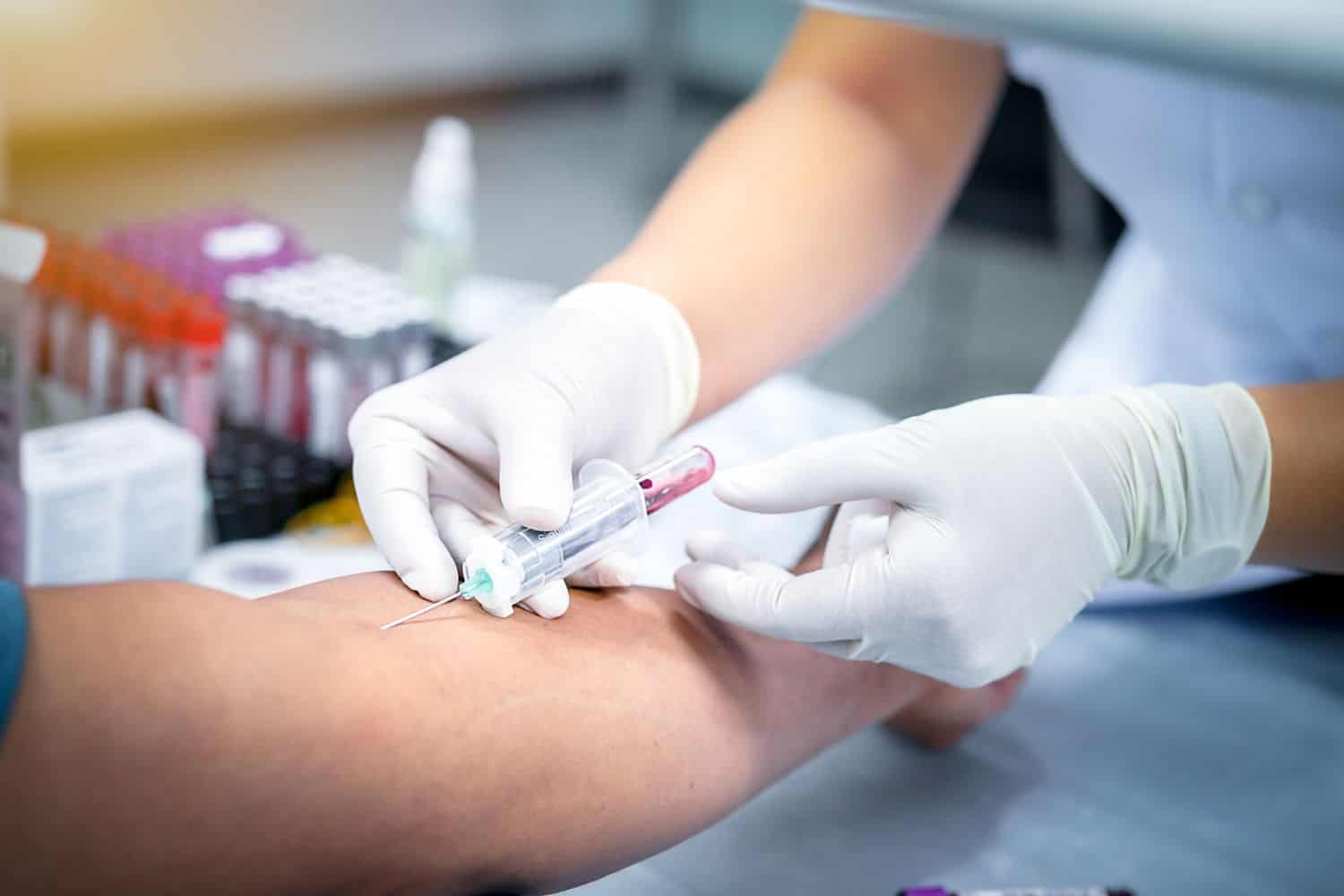According to the data presented by the health minister, Gauteng spent the most over the five years.

South Africa’s provincial health departments have spent more than R11.7 billion on blood and blood products over the past five years, purchasing from two non-profit organisations rather than operating their own collection services.
Health Minister Dr Aaron Motsoaledi recently revealed these figures in a parliamentary response to EFF MP Omphile Maotwe, who questioned why the state has not developed its own capacity to collect and store blood for public health institutions.
Provincial spending on blood products
According to the data presented by the minister, Gauteng spent the most over the five years at R4.7 billion, followed by KwaZulu-Natal at R2.3 billion and Limpopo at R1.2 billion.
The Western Cape spent R1.1 billion, while the Eastern Cape’s expenditure reached R605 million. The Free State paid R414 million and Mpumalanga R777 million.
The North West province spent R514.7 million, and the Northern Cape had the lowest expenditure at R123.6 million.
SANBS and WCBS do beyond collection and storage
The SA National Blood Service (SANBS) and the Western Cape Blood Service (WCBS) do more than simply collect and store donated blood, according to Motsoaledi.
“The transfusion services produce various red cell, platelet and plasma products from donor blood,” he said.
“The SANBS and WCBS also test donor blood for HIV, Hepatitis B and C, Syphilis and the blood group.”
ALSO READ: Inside SA’s multimillion-rand plan to fill US funding void
Legal framework prevents state-run services
The National Health Act of 2003 mandates that blood transfusion services must be provided by licensed non-profit organisations, effectively preventing provincial health departments from establishing their own services.
Motsoaledi quoted section 53 (1) of the Act, which states: “The Minister must establish a blood transfusion service for the Republic by granting a licence to a non-profit organisation, which is able to provide a blood transfusion service throughout the territory of the Republic.”
The legislation further requires that licence holders “must comply with prescribed norms and standards and must provide the prescribed blood transfusion and related services”.
The Act also grants the licence holder “the sole right to provide a blood transfusion service in the Republic,” Motsoaledi noted.
Cost and practical considerations
Establishing provincial blood banking services would not be economically viable, the minister explained.
“It would not be cost-effective or practical for provincial health departments to develop their own blood banking service,” he said.
Motsoaledi outlined the extensive requirements for a safe blood service.
These include donor recruitment, mobile and fixed donation clinics, accredited laboratories, specialised staff, transport logistics and continuous quality assurance.
ALSO READ: Labour department can’t pursue medical aid ‘discrimination’, Motsoaledi to seek reforms
International precedent
Motsoaledi said many countries worldwide operate blood services through non-profit organisations rather than government departments.
He cited several reasons for this model. Specialised expertise is required for blood collection, testing, processing and storage, along with significant infrastructure and quality control systems.
Centralised blood services can achieve economies of scale and operational efficiencies that individual public health institutions might struggle to replicate, he said.
“Independent blood services often build strong relationships with donors and maintain public trust, which is crucial for a consistent and safe blood supply,” Motsoaledi added.
READ NEXT: Medical scheme members spent R43bn in upfront payments in 2024
Support Local Journalism
Add The Citizen as a Preferred Source on Google and follow us on Google News to see more of our trusted reporting in Google News and Top Stories.








